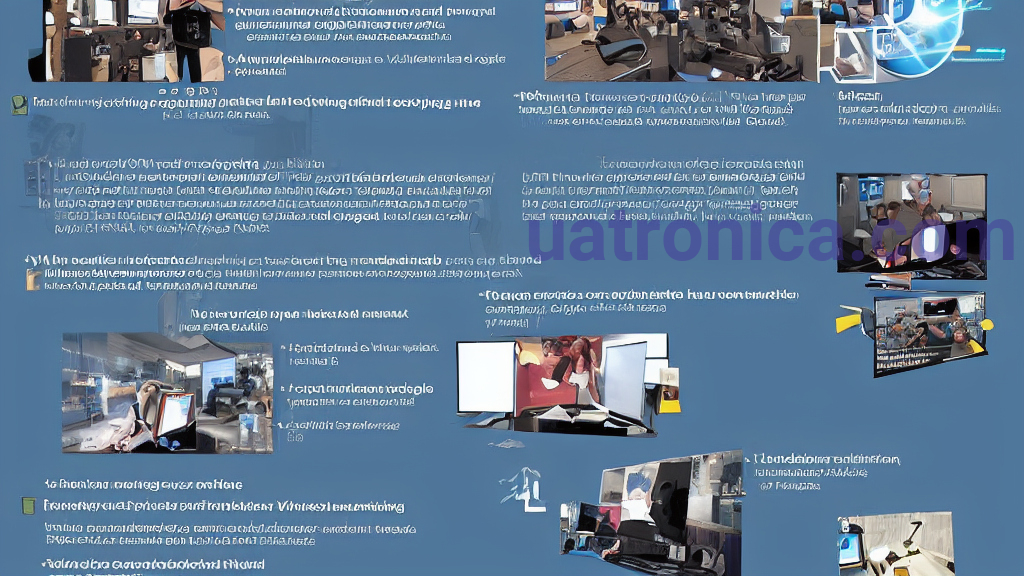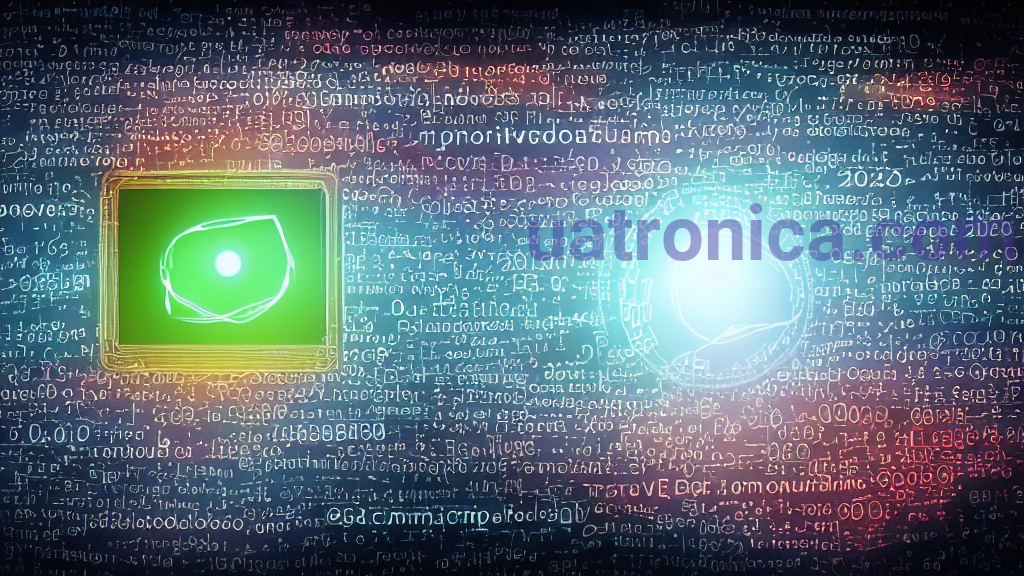13 Innovative Solutions That Will Rethink Your View of Modern Technologies
Modern technologies are developing rapidly, and in 2023 we are witnessing a real innovation boom. Many people realize that each new device not only makes your life easier, but also opens up endless opportunities for business and personal development. In this article we will consider 13 innovative solutions, which significantly strengthen our view of the world of technology. We use expert advice to help you understand why these technologies are important and how they can be applied to your everyday life and business.
1. Internet of things
The Internet of Things is a concept that allows physical objects to be connected via the Internet to collect and share data. It includes everything from smart home appliances to industrial sensors. According to experts, by 2025 the number of connected devices will reach an impressive 75 billion. Companies that implement IoT into their business processes receive significant benefits in reducing costs and increasing efficiency. For example, Sarkozy's use of IoT allows businesses to predict equipment maintenance, which reduces repair costs. In addition, the data collected from the IoT allows for the analysis of consumer habits, which opens up new opportunities for marketing.
2. 5G technologies
The introduction of 5G will not only increase data transfer speeds, but also reduce communication delays. This means that the response time to commands will be almost instantaneous. According to Cisco, 5G networks are capable of providing data transfer up to 20 Gbps. This technology opens up new horizons for such areas as telemedicine, automation of production and virtual reality. Thanks to 5G, doctors will be able to perform remote procedures, and players of interesting virtual reality games will be able to enjoy almost continuous gameplay without delays. For a more detailed introduction to the advantages of 5G, I recommend reading the material on Cisco.
3. Artificial intelligence
Artificial intelligence is already actively used in business to optimize processes. According to a McKinsey report, AI could add up to $13 trillion to the global economy by 2030. Examples of AI applications include personalization of advertising, automation of customer service and big data analysis. For example, a McKinsey study shows that organizations that implement AI in data processing can significantly increase their productivity.
4. Autonomous vehicles
Autonomous vehicles have the potential to reduce accidents and improve traffic in cities. Industry leaders such as Tesla and Waymo are actively experimenting with drones. According to Goldman Sachs, the market for autonomous vehicles will reach $1.1 trillion by 2035. This opens up opportunities for initiatives such as delivering goods to remote areas without human intervention, which can significantly reduce logistics costs.

5. Virtual and augmented reality
Virtual (VR) and augmented reality (AR) technologies are rapidly gaining popularity in fields such as entertainment, education, and medicine. VR allows the user to be fully immersed in a virtual world, while AR adds information to the real world, making it extremely useful for learning and productivity. For example, AR can be used in medical education to simulate complex procedures, allowing students to practice in a safe environment.
6. Blockchain technology
Blockchain provides security and transparency of transactions, making it ideal for financial institutions, medical, agricultural and logistics industries. According to Deloitte, the blockchain technology market will reach $23.3 billion by 2023. The technology helps combat fraud and improves supply chain management, ensuring security and data availability for all participants.
7. Cloud computing technologies
Cloud computing allows data to be stored and processed on remote servers, which reduces IT infrastructure costs. According to Gartner, the cloud services market will grow by 20.7% in 2022. Providers of services such as Amazon Web Services and Microsoft Azure are constantly expanding their capabilities by introducing new technologies. Thanks to these solutions, companies can significantly save resources and better scale their projects.
8. Neuromorphic chips
Neuromorphic chips imitate the work of the human brain, making it possible to perform complex calculations based on neural networks. For example, IBM introduced the TrueNorth chip, which consumes a minimum of electricity. This technology can find applications in robotics and AI, enabling new ways of processing data.
9. Ecological technologies
Growing attention to the environment leads to the development of new technologies to reduce emissions. Alternative energy sources, such as wind and solar, are actively used in many countries. Non-toxic batteries, new methods of waste processing and energy conservation technologies are also being actively developed. For example, TDK EPC B64290L45X87 is an example of an energy-saving component in electronics that supports the ecological balance.

10. Quantum computers
Quantum computers differ from traditional ones because they use the principles of quantum mechanics to process data. This technology promises to significantly increase the speed of data processing and solving complex calculations. According to research, the quantum computing market will reach $8.6 billion by 2027, opening new perspectives for scientific research, cryptography and materials science.
11. New generation batteries
Battery technologies are constantly being improved, which ensures an increase in the efficiency of energy storage. Energy storage is an important element for the development of electric cars. Components such as SI2312BDS T1 E3 from Vishay, are instrumental in this evolution, allowing cars to run longer with lower charging costs.
12. Advanced use of robotics
Robotics is becoming indispensable in various industries, including service, logistics and medicine. Alternative solutions predicting maintenance needs and process automation can reduce costs for 25-50% (according to McKinsey data). Robots used to automate production lines help reduce human error and increase productivity.
13. New generation cyber security systems
Cyber security is becoming a priority for many companies around the world, as constant threats require robust protection. Innovative cybersecurity solutions use AI to detect attacks in real time, which has become critical in today's digital world. Given the fact that classic systems can no longer cope with evolving threats, new data protection technologies should be considered as an integral part of the company's security strategy.
| Technologies | Advantages | Market prospects |
|---|---|---|
| IoT | Cost reduction, efficiency improvement | 75 billion devices by 2025 |
| 5G | Speed, reducing delays | 20 Gbit/s |
| AI | Optimization of business processes | $13 trillion by 2030 |
| Quantum computers | Increasing processing speed | $8.6 billion by 2027 |
When planning further steps in the implementation of innovative technologies, we recommend that you pay attention to the research and articles available in the section electronics innovations and innovations in electronics. This material will be a great addition to knowledge about the latest technologies.
Don't forget that innovative technologies 2023 open new horizons that can significantly affect your life. Learn new solutions and integrate them into your professional activities for maximum efficiency!










